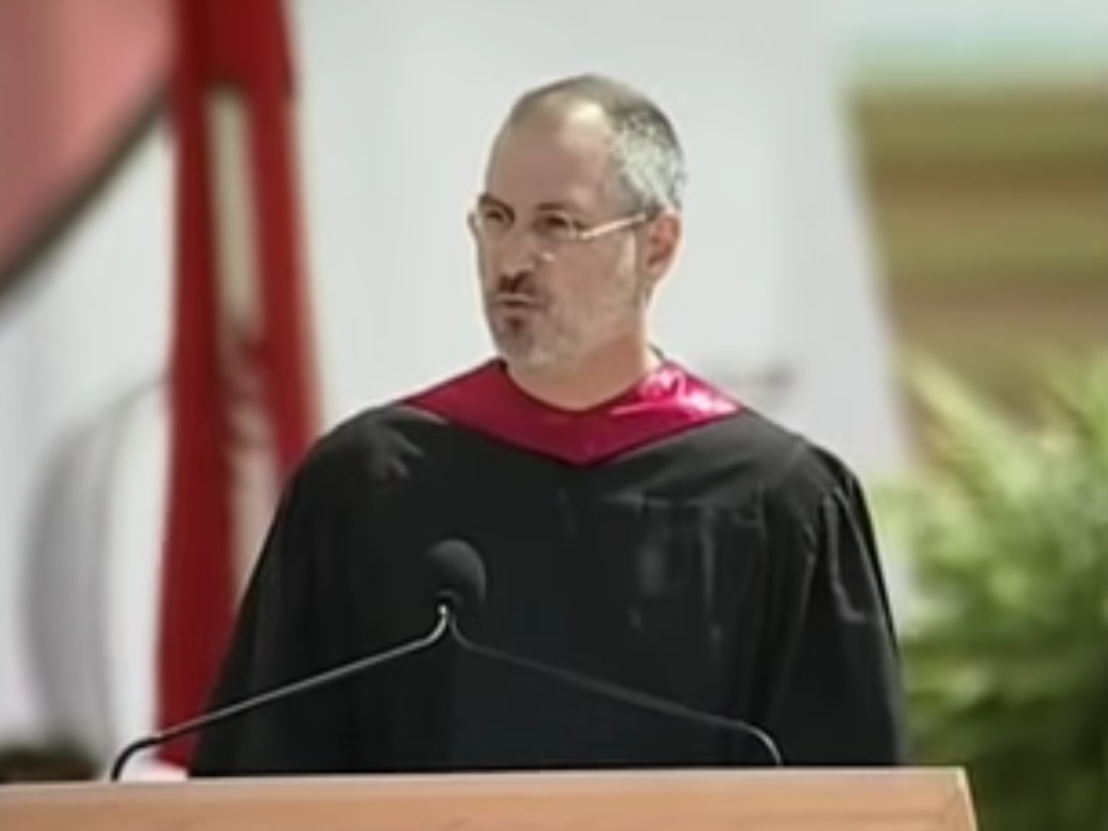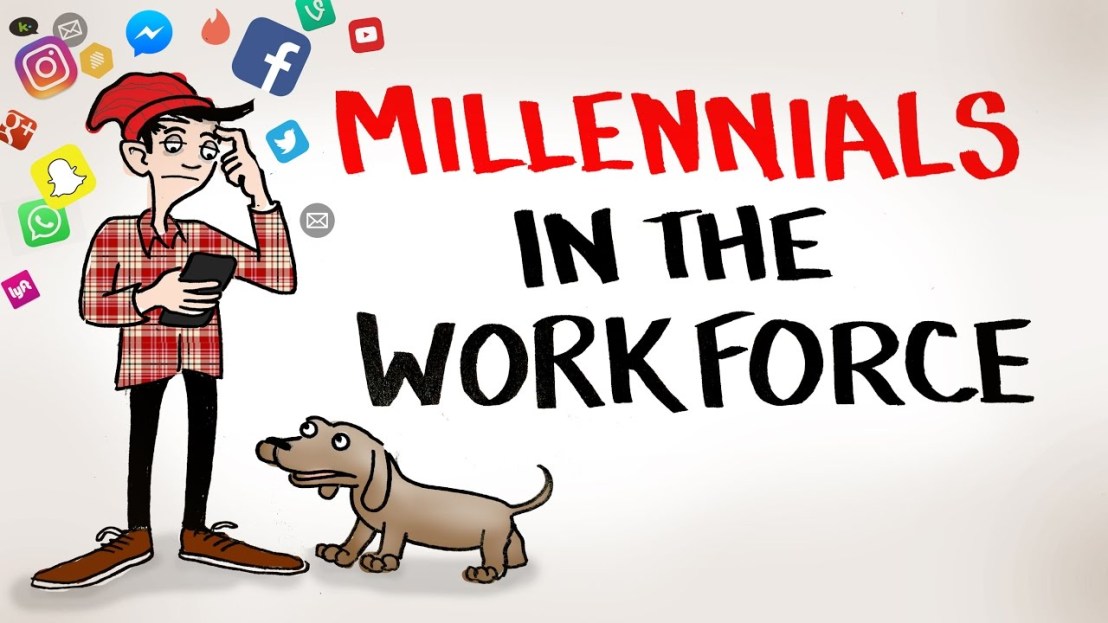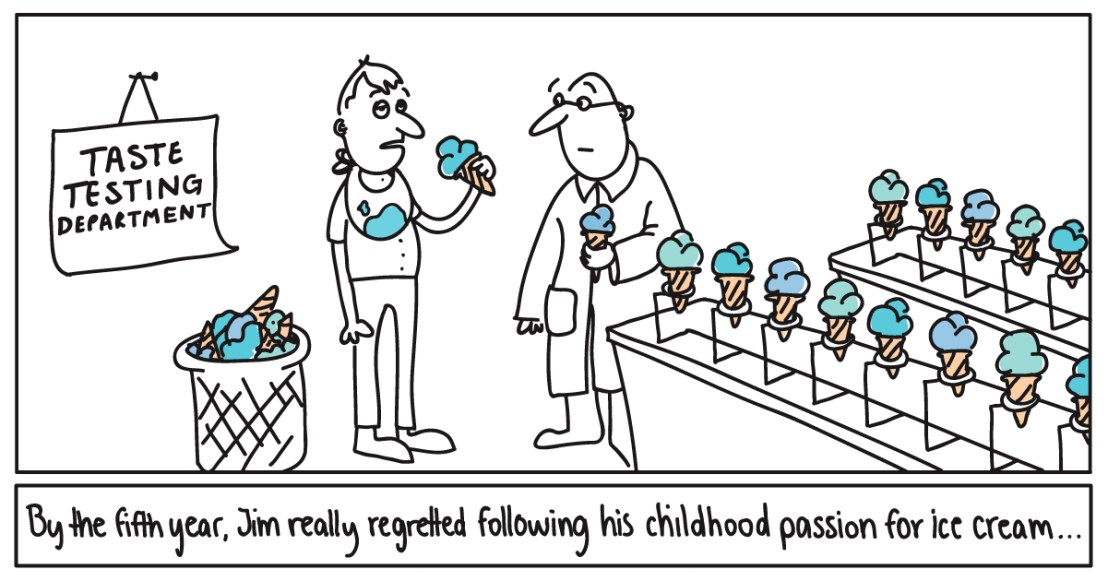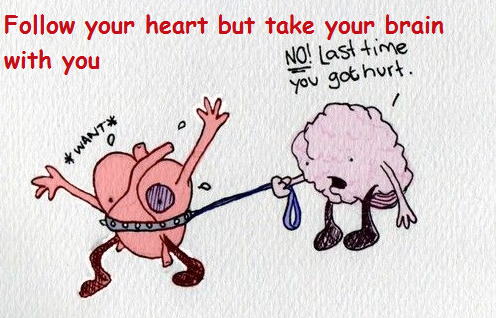Greetings one and all! I hope you’re doing well, wherever you are right now. This is the second part of my series on So Good They Can’t Ignore You, Cal Newport’s insightful book. If you hadn’t read part one, you can check it out here.
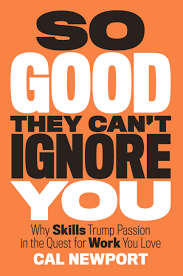
And, of course, you can get the book itself from here.
Last time, we saw that ‘Follow your passion’ is an absolutely rubbish piece of advice that no one should follow, and which pretty much everyone that has followed has ended up regretting. I also mentioned that the real path to success in your endeavors is through self-discipline, hard work and effort. Well, today I want to expand on that a little by looking at what that kind of life looks like.
Suppy and Demand
When someone tells you to follow your passion, they’re making a very provocative statement. To follow something, you have to be the one deciding where you’ll go, the guy at the steering wheel. You can only follow your passion in your career if you’re at the steering wheel of your career, making all the decisions.
“Of course, I am! What does this nerdy254 prick think he’s telling me?” Easy does it, cowboy. Just hear me out for a second. If you really think about it, unless you’re the president and CEO of whatever company you founded, you’re not really in control of your life and career. You’re career path will be influenced by the interaction of dozens of factors, most notably the supply and demand for professionals from your field of expertise, in the free market. In other words, the kind of work you end up doing will be determined not by your passion, but by what someone out there in the wide world will be willing to pay you to do. That’s a rule that applies for everyone, be they Cristiano Ronaldo or the neighborhood trash man.
The price of diamonds is around $1400 per carat. A carat is 200milligrams, so the cost for a gram works out to $7000, or Ksh700,000. Meanwhile, on the roadside somewhere near your house, there’s some old lady hawking charcoal at around Ksh50 for a 2kg debe, which is 28 million times cheaper. Yet charcoal and diamonds are both just carbon, and you can even argue that charcoal is far more useful. Just think about it. If you were stuck at the South Pole in the dead of winter, with a million shillings in your pocket, which would you buy: charcoal or diamonds?
Why the unbelievable price difference, then? It’s very simple: the demand for charcoal worldwide is massive, but so is the supply. The demand for diamonds might not be as large, but the supply is extremely small.
Be a Diamond
And that’s the case that Cal Newport builds in his book. The road to career happiness begins with making yourself a diamond by getting skills that are rare and valuable and which most people don’t have. It’s not because those skills will satisfy you in and of themselves, but, once you have them, you can use them to purchase the kind of career that people dream about. Without said skills, you’re, sadly, just charcoal: common, inexpensive and not really valued highly by anyone.
The case for skills over passion is so airtight it’s surprising that anyone, anywhere sees any alternative view of the world. Yes, I’m sure Cristiano Ronaldo loves playing football with all his heart, but so do a thousand kids scattered over primary schools all across Nairobi. Ronaldo gets paid $58 million dollars a year by Real Madrid, not because he loves football, but because he is so good at it he’s been named the best player in the world multiple times.

The same argument can be used for every successful professional anywhere in the world, from Will Smith to Kendrick Lamar to Mark Zuckerburg and even, ahem, Donald Trump. Behind the millions (or billions!) there’s always some rare and valuable skill, ability, possession or expertise.

That idea that your goal, if you’re looking for a career you will love, should be to acquire some rare and valuable skill is what he dubs the craftsman mentality. That is what he had in mind when he entitled his book, So Good They Can’t Ignore You. He’s telling us to become so good at our chosen profession that they (those who might want to ‘buy’ us) can’t ignore us anymore.
The road to acquiring a rare and valuable skill passes through a small, unpopular little town called deliberate practice. Deliberate practice of the relevant skill is something that sports professionals and musicians know a lot about, but white colour workers don’t. The book itself goes into great detail about that, so I would really urge you to check it out for yourself.

Then there’s also the sticky issue of what kind of job you should seek out once you become rare and valuable. That’s what I’ll tackle in the third and final part of this series on So Good They Can’t Ignore You. Until then, keep reading the book, watch the video from last time and LIKE, SHARE and SUBSCRIBE if you found this worth your time.



